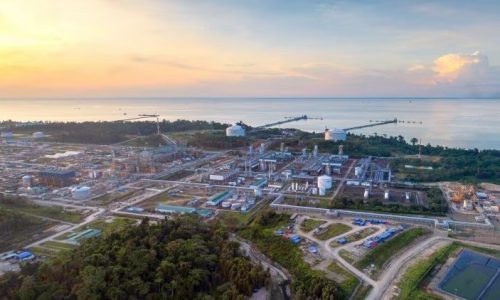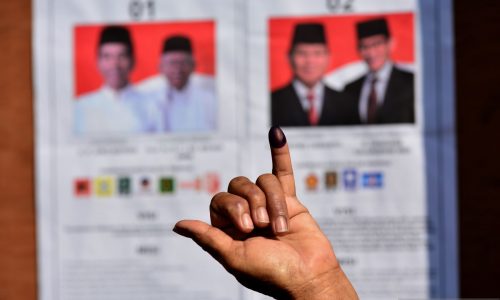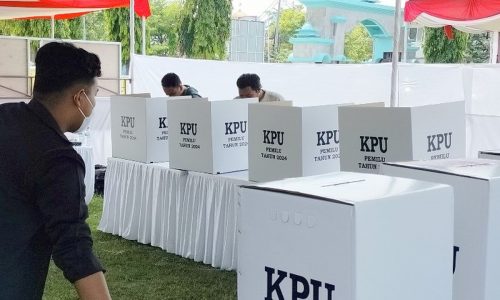Chairman of the National Economic Council, Luhut Binsar Pandjaitan, says the government has decided to postpone the planned increase of the Value Added Tax (VAT) rate to 12 percent, which was originally scheduled to take effect in January 2025.
He said the decision was taken upon considering the economic condition of the Indonesian people, which still need stimulus to boost their purchasing power, and the importance of ensuring their readiness before the policy is implemented.
The government is currently prioritizing economic stimulus in the form of electricity subsidies as an initial step to ease the burden on the community. This policy is expected to provide space for economically vulnerable groups so that they are not overly affected by the increase in VAT rate in the future.
“So, before that (VAT increase) happens, stimulus must first be given to people who are economically struggling,” Luhut said on Wednesday, November 27, 2024.
The government is currently formulating the provision of electricity subsidy incentives for 2-3 months before the planned tax increase is implemented.
The planned electricity subsidy will be distributed directly to the electricity costs of the poor, not in the form of direct cash assistance (BLT). This policy aims to ensure that subsidies are on target and not misused.
“If it is given to the people in cash, they are afraid that they will use the money for gambling again later,” Luhut said.
This scheme is seen as more effective because it directly cuts household utility costs, so that the benefits can be felt directly by people in need. In addition, the government ensures that the budget for this subsidy is sufficient, in line with the government’s fiscal priorities.
“Yes, it goes directly to electricity subsidy. The design, the proposal is like that. The budget is huge,” Luhut cited.
The postponement of the increase in VAT rates, continued Luhut, reflects the government’s attention to people’s purchasing power, which plays an important role in supporting the national economy. Higher VAT rates certainly have the potential to increase the price of goods and services, which can slow down domestic consumption if not accompanied by compensation. Therefore, electricity subsidies are expected to reduce financial pressure on lower-middle class households.
This decision also reflects the Prabowo Subianto government’s more cautious approach to implementing fiscal reform. On the one hand, the Law on Harmonization of Tax Regulations (UU HPP) mandates an increase in VAT rates to increase state revenues. However, on the other hand, global and domestic economic conditions that are not yet fully stable require an adaptive strategy.









